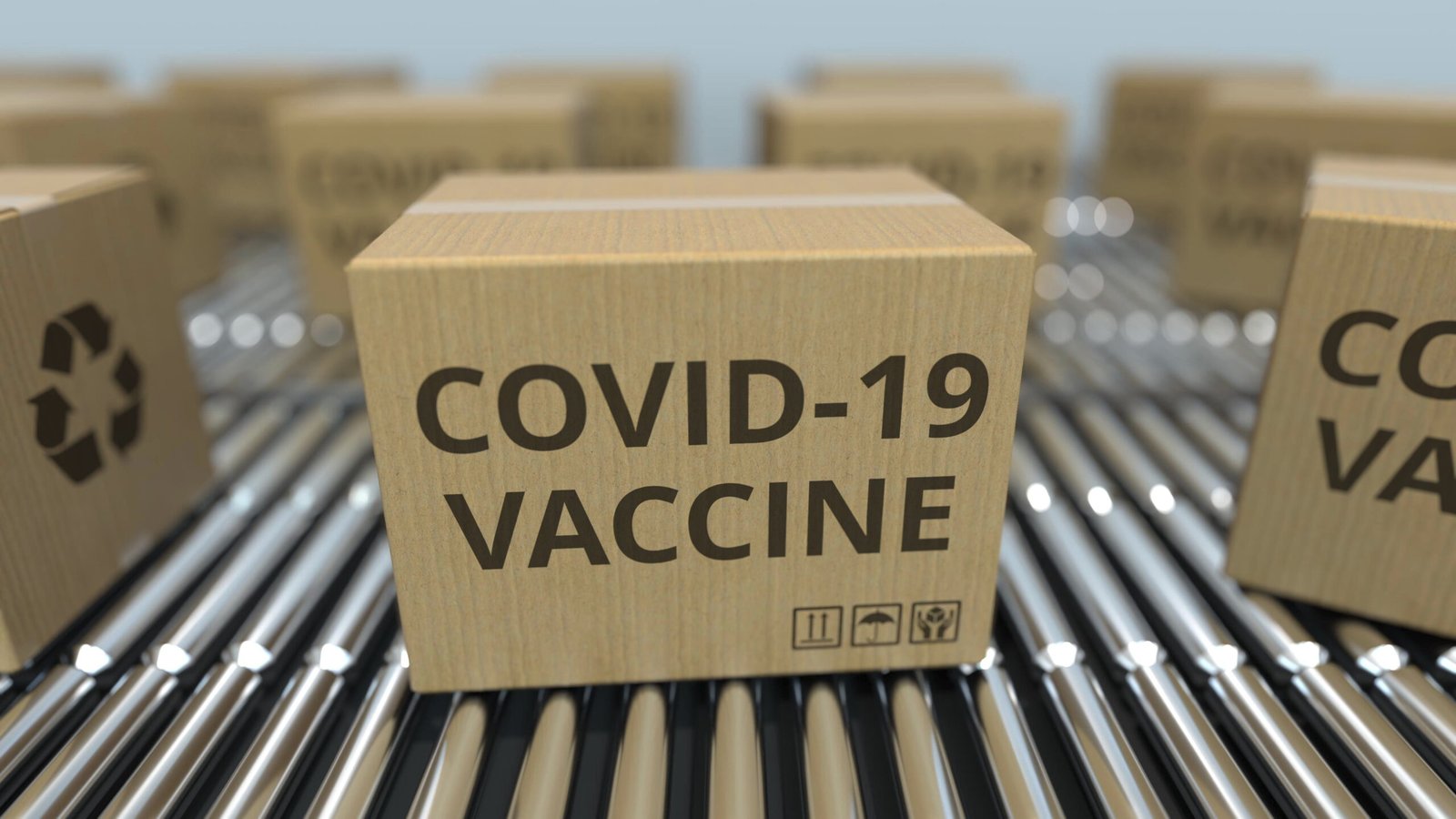NASSAU, BAHAMAS — The delay in COVID-19 vaccines from the COVAX Facility is due to a series of challenges in June, including the inability to receive AstraZeneca vaccine doses from the Serum Institute of India, according to Pan American Health Organization (PAHO) Assistant Director Dr Jarbas Barbosa.
During PAHO’s weekly press briefing yesterday, Barbosa responded to questions regarding the countries across the Americas — including The Bahamas and 17 others — still awaiting the deployment of their third tranche of vaccine doses from the program.
He said: “COVAX faced very serious limitations during the month of June due to different problems.”

Barbosa said among those problems include the government of India refusing to allow the Serum Institute of India — which is producing the vaccine — to export doses of the jab.
He also said there was a problem with a new vaccine production site waiting to receive Emergency Approval Use (EAU), which has also been delayed more than expected.
“We had very important problems on the supply side,” he added.
Barbosa said PAHO is in negotiations with producers to have information about when vaccine doses will be available to be deployed, indicating that that information is expected to be shared with countries next week.
He advised that the organization is also working to help facilitate the delivery of the vaccine doses donated from the United States to countries in the Caribbean.
The announcement also comes amidst a reduction in the number of sites administering vaccines on New Providence — with only Church of God of Prophecy on East Street and Loyola Hall administering jabs during limited operating hours.
Prime Minister Dr Hubert Minnis announced last week that The Bahamas will receive its third tranche of 33,600 doses of AstraZeneca vaccine through the PAHO/WHO COVAX Facility on July 26.
Delta strain concerns
During the press briefing yesterday, PAHO Director Carissa F Etienne also said it is still difficult to predict what the impact of the Delta variant will be on the region.
She noted that although the variant has already been detected in 15 countries in the PAHO region, so far it has been mainly associated with cases in travelers.

“Community transmission of the delta variant continues to be very limited, while other variants continue to predominate,” she said.
Etienne noted that while the Delta variant has been increasing in the United States and is becoming dominant in several states, the distribution of previous variants has been always different between counties in the region.
“The United States of America’s situation cannot predict how a variant is going to affect other countries,” she added.
The PAHO director insisted that countries must use all the tools available, including social distancing, mask-wearing and vaccinations to reduce transmission regardless of the variant that circulates.
The prime minister has urged Bahamians to over vaccine hesitancy, indicating that the Delta coronavirus variant has the potential to collapse the country’s healthcare system and cause “super surges of cases”.
Health officials confirmed 23 new cases of COVID-19 cases in The Bahamas on Monday, taking the number of cases in the country to 12,865. Of the new cases, 18 were on New Providence, two on Grand Bahama, one on Abaco and two on Eleuthera.
The number of active cases stands at 805.






